Biocapacity is the ability of a planet to supply useful natural resources and absorb waste generated by humans.
If the natural resources that our planet supplies for the manufacture of our products are less than the pollution caused by their manufacture, the rhythms of the natural chain are broken.
If this situation occurs, what we are doing is break the sustainability of the planet.
Sustainability is a word that defines the balance of the planet. This balance tries to obtain natural resources from the earth at a rate that allows it to replenish them and, in turn, generate the minimum number of waste so that it is able to absorb them naturally.
Currently, we are at a point where The waste we generate is far superior to the natural resources that the planet supplies us with.. Therefore, savings, energy efficiency, reduction of food waste (zero waste), progress towards the circular economy, recycling, etc... are some of the solutions that can lead us to maintain that balance.
This environmental impact that we exert on nature and that is generated by human demand on our environment can be measured through the “ecological footprint“.
Do you want to know which one is yours? Global Footprint Network offers on its website a calculator where you can calculate your ecological footprint to learn and change some habits, thus contributing to improving the biocapacity of the planet.
Every year the WWF publishes the report “Living Planet” where it details how the planet is currently and where the current situation in which we find ourselves is leading us.
As you can see, the need to reduce our ecological footprint is urgent, and the task begins every day.
Go ahead and collaborate!
Image: WWF

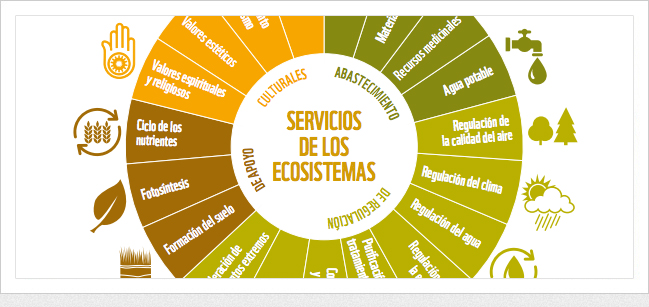

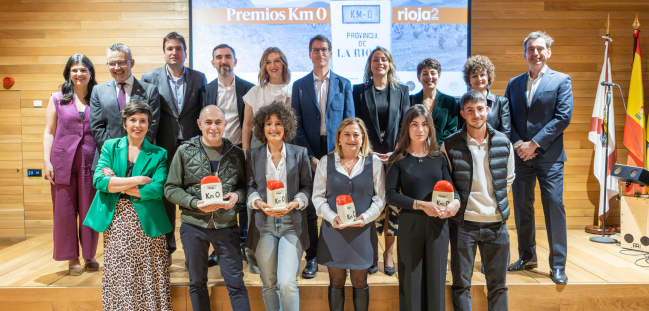

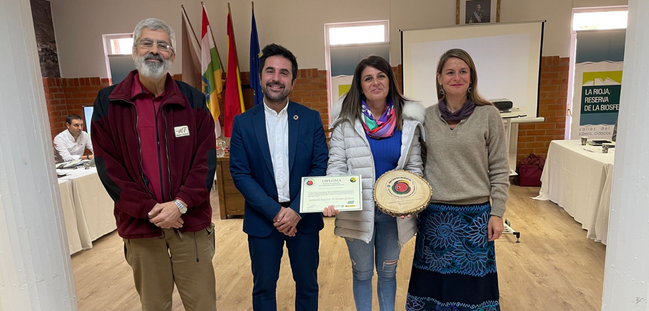
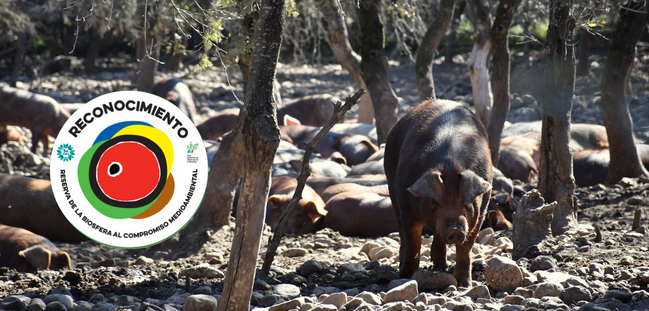


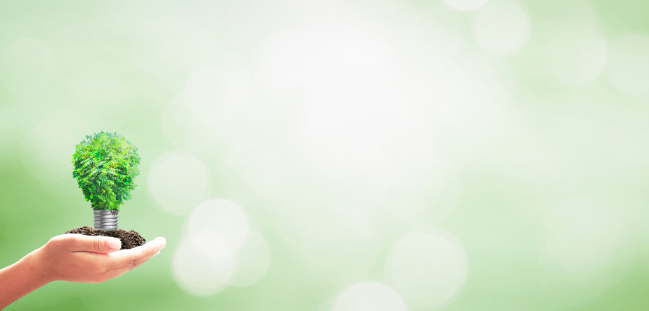
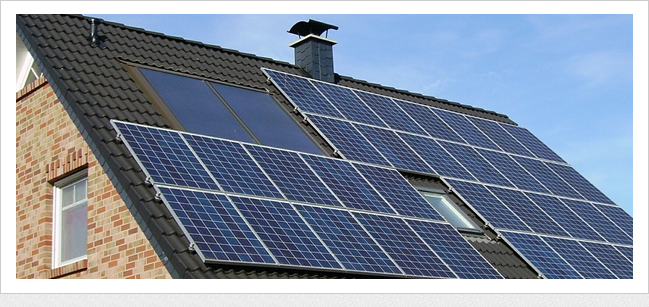
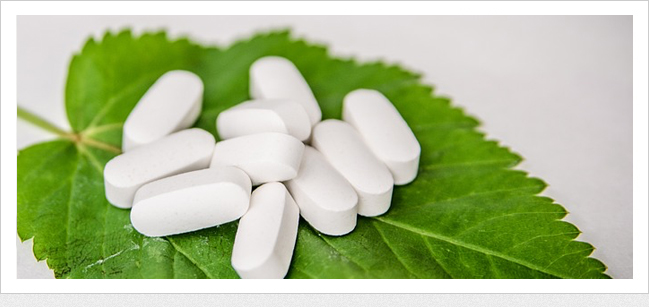




Each human being is responsible for reducing their ecological footprint, thus collaborating in the sustainability or balance of the planet. With the steps of: reduction, recycling, reuse, reforestation, use clean technologies, rethink urban plans, restore resources
natural resources, establish a green economy, improve the environment, overcome climate change agreements and assume responsible individual consumerism. We must do this day by day. If we continue like this, by 2050 we would need two planet Earths or more.
That's right Elizabeth, there is a lot to do, but we all can and must do our part.